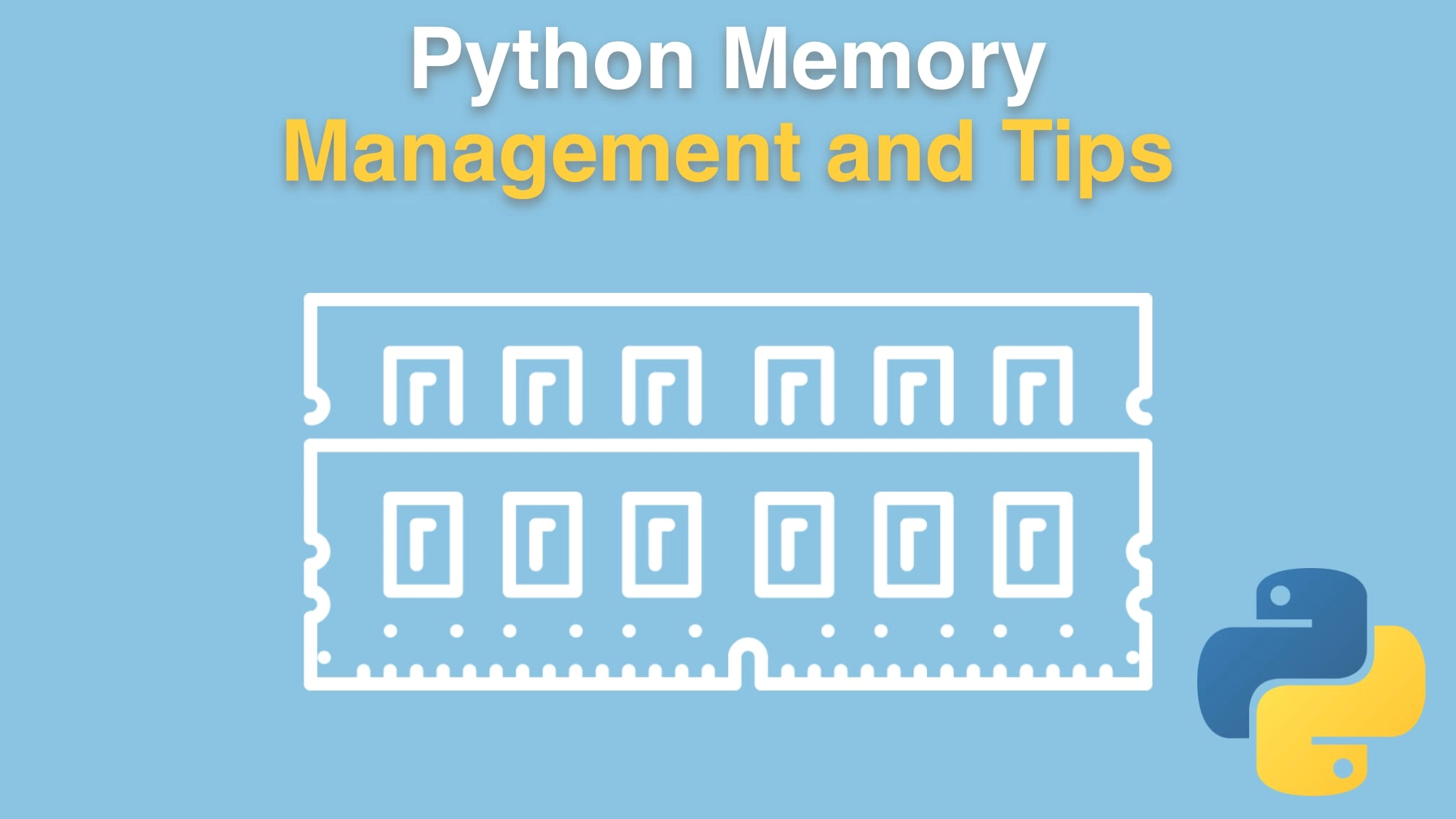Python Memory Management and Tips Transcripts
Chapter: Memory and classes
Lecture: Slots are faster, not just smaller
Login or
purchase this course
to watch this video and the rest of the course contents.
0:00
The final example when we're talking about classes and memory and slots and all that kind of stuff is, I want to show you a different side of speed.
0:08
So over here in this one, we saw that we could create a crowd quicker. The retirement summary didn't really matter,
0:17
but we could create a crowd of 100,000 people quicker and use less memory.
0:21
But one thing you might notice about creating the crowd down here is we're not actually
0:26
accessing any of the properties. We're not like trying to read the first name or the birthdate or any of those things, we're
0:31
just creating the objects and letting them go. So what you'll see is that actually with slots. there's efficiencies to be gained around
0:39
just accessing the data. So, let's look at some examples. We're gonna go and say, Create one object, this is our semi-improved person, it has fields,
0:49
and it has properties are we're only gonna work with the fields,
0:51
not the properties. So what we're gonna do is we're gonna create a standard one here like this and then we're gonna say we're testing it,
0:58
and we're gonna run this function "test_access()", and what test_access does it just goes 100,000 times and it says
1:04
"go give me the object here, give me the field, the first name, the last name, the birthdate, basically read the fields and assign them the local
1:14
variables, throw it away, and do it 100,000 times". And it gives this little report how long it took. And then we're going to do with the same thing
1:21
but with slots, remember? This one will have those fields backed by dictionaries.
1:25
This one will have them backed more like by this list thing and index, here. So we got better memory, is there a cost to be paid, or a benefit to be
1:35
gained on either side of having these slots? Because it may be lower memory, but it takes longer to access them. Or do we have benefits around access
1:42
speed or whatnot? What we're gonna do is we're gonna go over here and just print this out, and say
1:48
"how much faster is it?" Maybe I'll just do one other test just to make sure that we'll say "if standard time is less than slot time, print".
2:02
Okay, so we're gonna just do that and, you know, call this function right here,
2:06
which is going to take this one object and access its fields, all of them, 100,000 times. And just time it. Let's go and see what we get.
2:15
Alright, look at this. Slots were faster. Okay, so, great, slots were faster.
2:19
And for doing 400,000 operations, that is four attribute reads, 100,000 times, took 25 milliseconds and that's 15.6 million operations per second.
2:33
But with slots, 22 milliseconds and 18.1 or 18.2 million operations per second, that's a gain of 16%. So not only do we use less memory,
2:44
not only are they faster to allocate, actually reading their properties, their fields, specifically, is faster. Now there's some variability here.
2:51
Let's just run this over. So there's 3, 8, 14, 9, 13, 13 right? I am doing screen recording right now,
3:00
which takes up a lot of its CPU cycles and whatnot. So this is not super consistent, so you just run it a couple times, see what you get,
3:06
but it's pretty clear there's at least a 10% advantage to be gained, sometimes 20% advantage for these different operations.
3:14
And to me, that is just awesome. Like I said, earlier, what did I say? Slots,
3:19
double thumbs, or triple thumbs up because less memory, faster to allocate, and faster to
3:24
work with? That seems like a huge trade off to give up that little bit of dynamic flexibility, which usually we don't use in our code,
3:32
anyway. Slots are awesome, and here's one more reason why.
